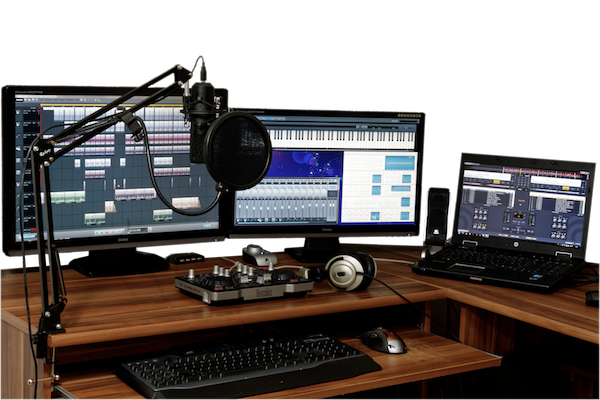Starting a podcast is an exciting project, but there are a number of mistakes that new podcasters often make. Unfortunately, these mistakes could seriously harm the future success of your podcast. However, there are simple ways to avoid these mistakes when starting a podcast that will help you save money, start quickly, and retain listeners.
Plan the work
Nobody should start a podcast simply by talking into a smartphone and hitting publish. Planning out the general length of each episode, what segments you might have, and having your research done will help you stay on topic and on time. Having a rundown sheet while you record helps significantly.
Pay attention to quality
Nobody is expecting NPR sound quality right out of the gate, but do pay attention to barking dogs, trash trucks, or static on your Skype line while recording. These are quick ways to lose listeners. Take time to edit out these noises and make sure your listeners aren’t distracted from what you’re trying to say.
Perfect is the enemy of good
A good rule of thumb is that editing an episode should take twice the time it took to record. If it’s a 30 minute episode, spending more than an hour or 90 minutes editing is going to be counterproductive. Taking out every single pop or hiss, or adding too many sound enhancements makes the task too big for you to sustain. No one expects your podcast to be immediately perfect, so stop aiming for immediate perfection.
Schedule your time
The best podcasts come out on some sort of standard schedule, which makes it easier for your listeners to stay up-to-date. Weekly episodes are most common, although biweekly and monthly are certainly fine so long as you communicate that. Make sure you reserve the proper time in your life to keep to whatever schedule you’ve set out for yourself. Plan for vacations and off weeks by banking episodes to keep to the schedule.
Bank some episodes
Before you publish your podcast you should record at least three full episodes. This serves two purposes. First, you can work out any kinks with your rundown and you can also be a week or two ahead in case an emergency happens and you can’t record for some reason. Unless it’s a time-sensitive episode, always try to have a few in the bank or at least a few ready for editing.
Be flexible
Don’t feel like your first idea will be your best idea. Be flexible enough to change segments, styles, or even co-hosts if something isn’t working. Allow your podcast to evolve over time and listen to the feedback from your listeners.
Have fun
Podcasting, even at a professional level, should be fun. If it stops being fun, or starts to feel like a job, review the project again to make sure it’s still something you want to do. If you feel stuck in your podcast, find ways to mix it up or change direction to something you’re more passionate about.

